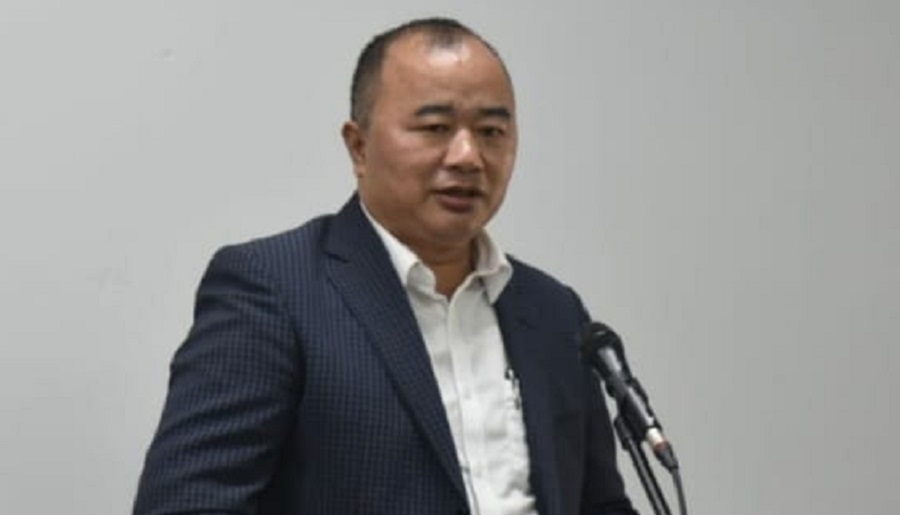AIZAWL: Mizoram’s schools have become sanctuaries of learning for more than 8000 children who have faced displacement and adversity. These young learners, hailing from Myanmar, Bangladesh, and the strife-torn region of Manipur, have found solace and education within the state’s educational institutions.
Lalchhandama Ralte, the state’s School Education Minister, on August 9 informed that a total of 8119 children, originating from refugee and internally displaced families, are currently enrolled in schools across Mizoram. Among them, 6,366 students trace their roots back to Myanmar, while 250 come from Bangladesh, and 1,503 from Manipur.
Minister Ralte further added that these students aren’t just given access to education but are also equipped with crucial resources. This includes essentials such as free school uniforms, textbooks, and nourishing mid-day meals, underscoring the state’s commitment to their holistic development.
Minister Ralte also stated that the state regards the Zo tribes from all corners of the world as one. This principle extends to the realm of education, wherein Mizoram provides not only shelter but also valuable educational opportunities to those in need. “Our government not only provides shelter but also education to those in need,” he was quoted as saying by the local press.
In 2022, 44 refugee children took a step towards a brighter future by registering for the Class 10 board examinations. Out of these brave young minds, 28 achieved an impressive feat by successfully passing the exams, marking an outstanding pass percentage of 90.32.
Minister Ralte also highlighted the encouraging trajectory of enrollment in state government schools over the past four years. This trend mirrors the steady enhancement in the quality of education offered by these institutions. The numbers echo the positive progression – rising from 1,15,005 in the academic year 2019-20 to 1,19,133 in 2020-21. This ascent culminated in a further increase to 1,28,927 students in the 2021-22 academic year.
The state is also steadfastly working to prioritize the inclusion of Mizo language learning in the curriculum. This step is aimed at preserving the rich cultural heritage and identity of the region, signifying a profound dedication to holistic education.















